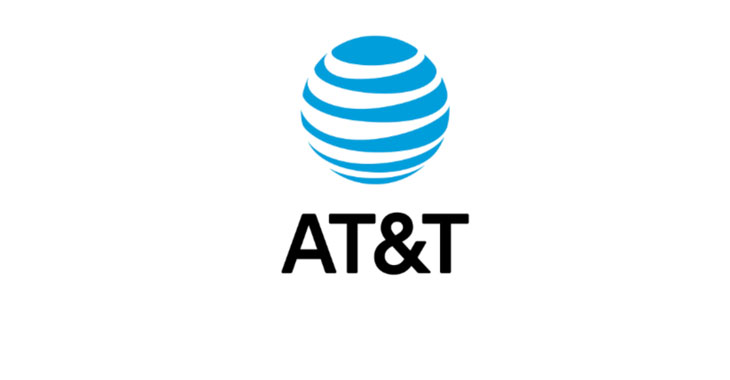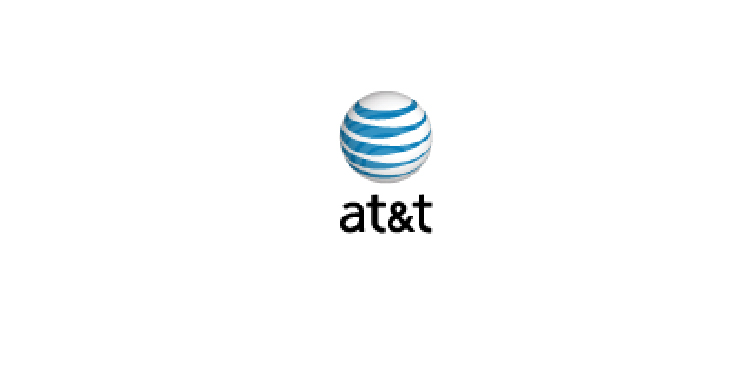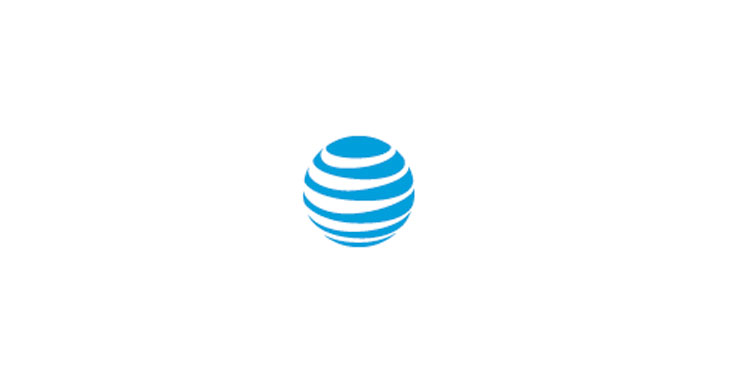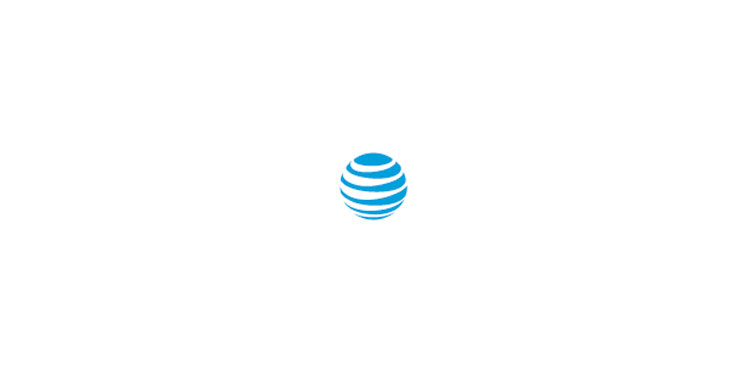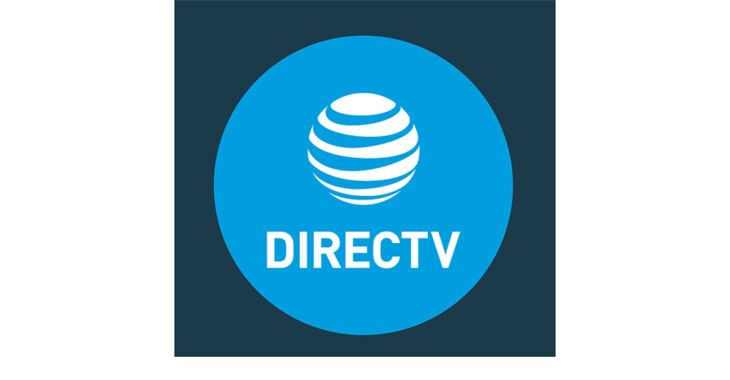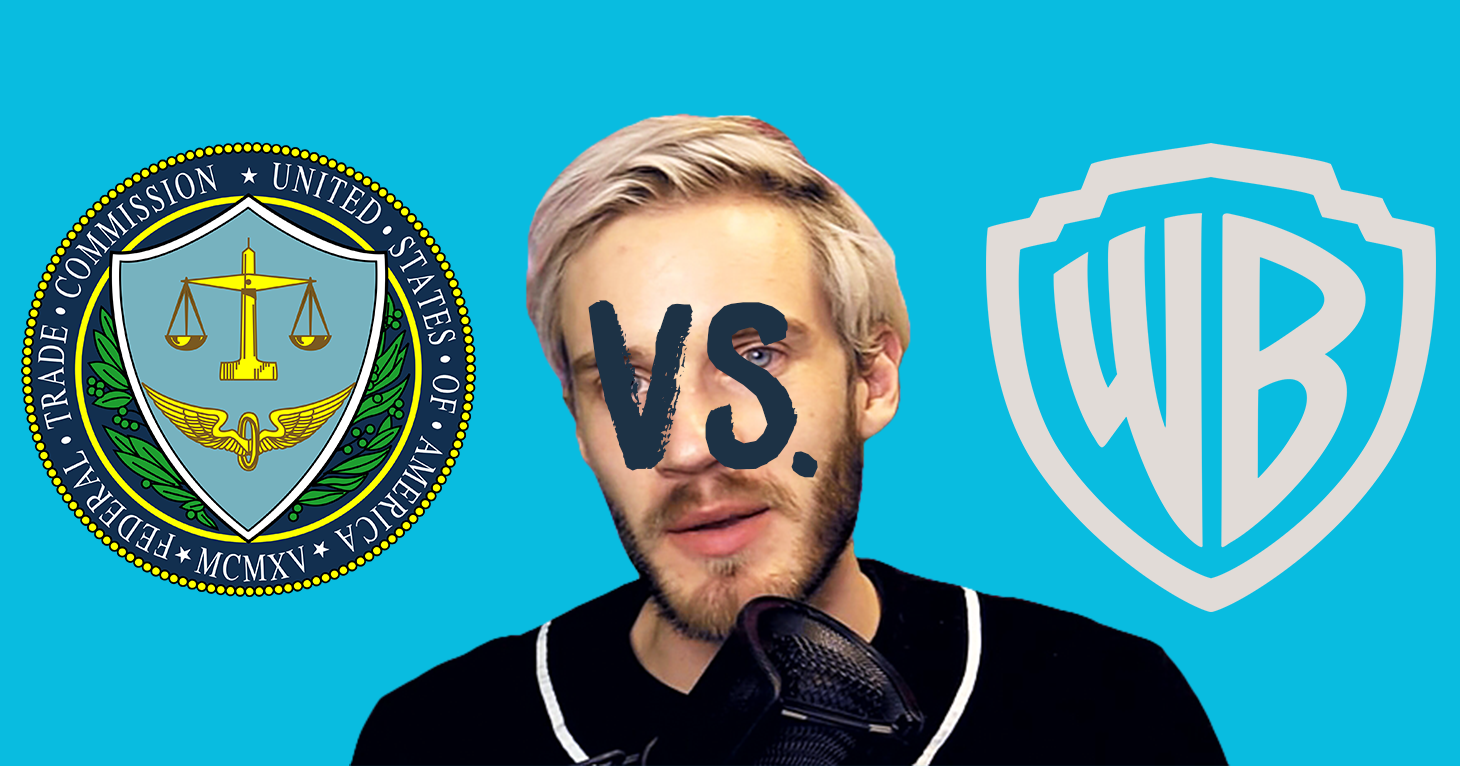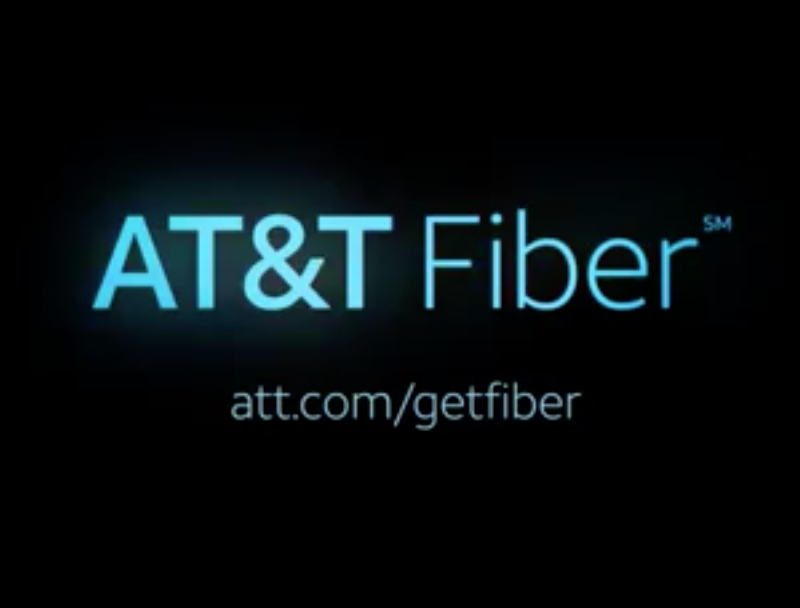
AT&T
Allegations: Falsely representing that it safeguards consumers’ personal information when it failed to do so and the data was breached
In June 2016, a class-action lawsuit was filed against AT&T for allegedly using bait and switch tactics by advertising calling plans on the packaging of GoPhones that AT&T does not offer. The named plaintiff claims that, when he was activating the phone, AT&T informed him that it did not have the “10¢ per minute for all nationwide calls” calling plan offered on the product packaging and was offering a 25¢ per minute calling plan instead. (Zatt et al v. AT&T Corp. and AT&T Mobility, LLC, Case No. 16-cv-1323, S. D. CA.)
For more information about other class-action lawsuits filed against AT&T and TINA.org’s coverage of the company, click here.
Allegations: Falsely representing that it safeguards consumers’ personal information when it failed to do so and the data was breached
Allegations: Misleadingly representing that AT&T is committed to protecting the environment and people when its cables are covered in toxic lead
Allegations: Falsely advertising that phones are unlocked
Allegations: Deceptively promoting data plans as “unlimited” when they are actually subject to limitations
Allegations: Falsely advertising that phone and internet services are reliable and provide superior coverage and speed when the company failed to provide services for multiple weeks
Allegations: Misleadingly representing that it would safeguard consumers’ personal data when it failed to do so and there was a breach
Allegations: Misleadingly advertising monthly fees without disclosing certain fees
Allegations: Failing to adequately disclose when customers will be charged international roaming fees
TINA.org alerts FTC to Warner Bros.’s violation of a consent order regarding influencer posts.
“With AT&T Fiber, the future is here,” the telecom says. But is it really?
See the FTC’s track record when it comes to social media influencer cases.
Action comes after consumer groups alert agency to more than 100 posts by celebs.
Bundle for TV, internet, and phone will cost more in the required second year.
